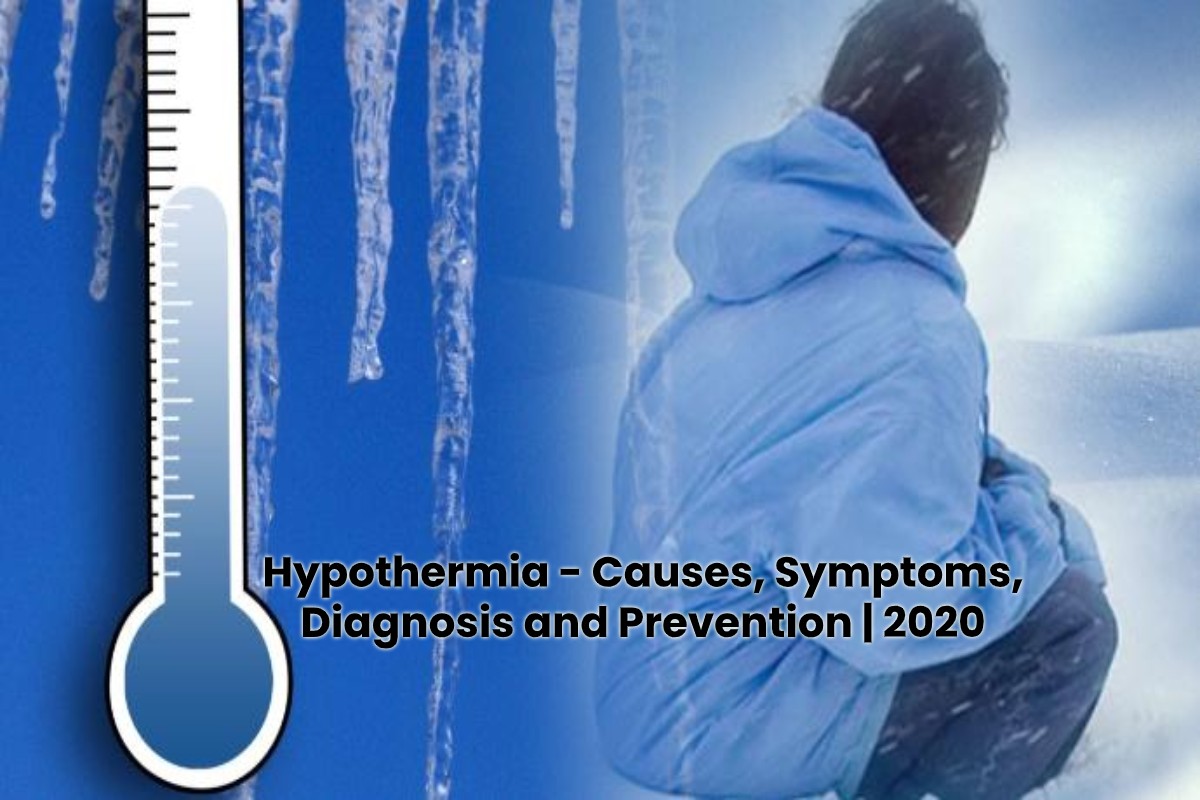When the human body temperature drops below 35 ° C, this is called hypothermia. And it is usually, between 36 and 37.5˚ C. But also It is not a real disease rather a symptom announcing that the body exposed to too cold. And also all vital functions slow down, which can sometimes cause fatal complications.
There are 3 phases of hypothermia: mild, moderate, and severe.
Table of Contents
Causes of Hypothermia
It is caused by too Long Exposure to Cold.
Who is Affected by Hypothermia? What are the risk Factors?
Young children and the elderly are at higher risk of hypothermia. Besides, the following factors may increase the risk:
- A long mountain walk-in cold weather
- Fall in water
- Being poorly covered in cold weather
- Wear wet clothes
- Stay still for a long time in cold weather
It is also possible to suffer from hypothermia in the middle of summer. And it is with fishermen (or others) who fall into the water in lakes or an icy sea.
Contagion
Hypothermia is not contagious.
The Main Symptoms
Symptoms differ depending on the phase of Hypothermia you are Suffering.
Mild Hypothermia:
- Chills
- Problematic coordination
- Difficult speech
- Feeling cold
Moderate Hypothermia:
- Irrepressible tremors
- Confusion, loss of memory
- Hallucinations
- Blurry vision
- Significant lack of coordination and speech
Advanced Hypothermia:
- Loss of feeling cold
- Loss of consciousness
- Stops body reactions against the cold: no more tremors or chills
- Falling asleep
- Coma
- Cardiac arrest
Diagnostic
Hypothermia Measured by taking Body Temperature.
- Between 34 and 35 ° C: slight
- Between 32 and 34 ° C: moderate
- Below 32 ° C: severe
Possible risks of complications
The slowing down of vital functions caused by hypothermia can lead to a decrease or arrhythmia in the speed of the heartbeat.
When emergency measures are not available, And this can lead to cardiac and respiratory arrest, chronic sequel, and death.
Treatment
In the case of moderate and severe hypothermia, emergency measures must be put in place as soon as possible:
- Call an ambulance
- Place the person in a heated room
- Take off his wet clothes
- Wrap the patient in blankets (if possible, the sheets should be tumble dried a few minutes beforehand).
- Monitor temperature changes and as well as vital signs (pulse, breathing).
- Give a warm and sweet drink (no alcohol).
- Do not leave the person alone; besides prevent them from falling asleep.
- In the event of cardiac arrest, so perform an emergency cardiac massage.
Prevention of Hypothermia
To avoid any risk of it you must:
- Dress appropriately according to the outside temperature, the duration, and the intensity of the activity.
- Do not consume alcohol (which distorts the feeling of cold and accelerates the loss of heat).
- Put on an insulating suit when swimming in freezing water (even in summer) and limit the time.
Did you know that
Contrary to a commonly held idea, one should not:
- So give alcoholic beverages to someone with hypothermia
- Also rub your body with snow
Important Note
The information in this sheet is provided for informational purposes only and will allow you to ask informed questions of your doctor. Besides no case can they replace the advice of a healthcare professional. And Our team of editors and experts makes every effort to provide you with quality information. However, it cannot hold responsible if the content of a file turns out to be incomplete or obsolete. Most importantly we remind you that strongly recommended to consult a doctor if you believe you are suffering from a health problem.

